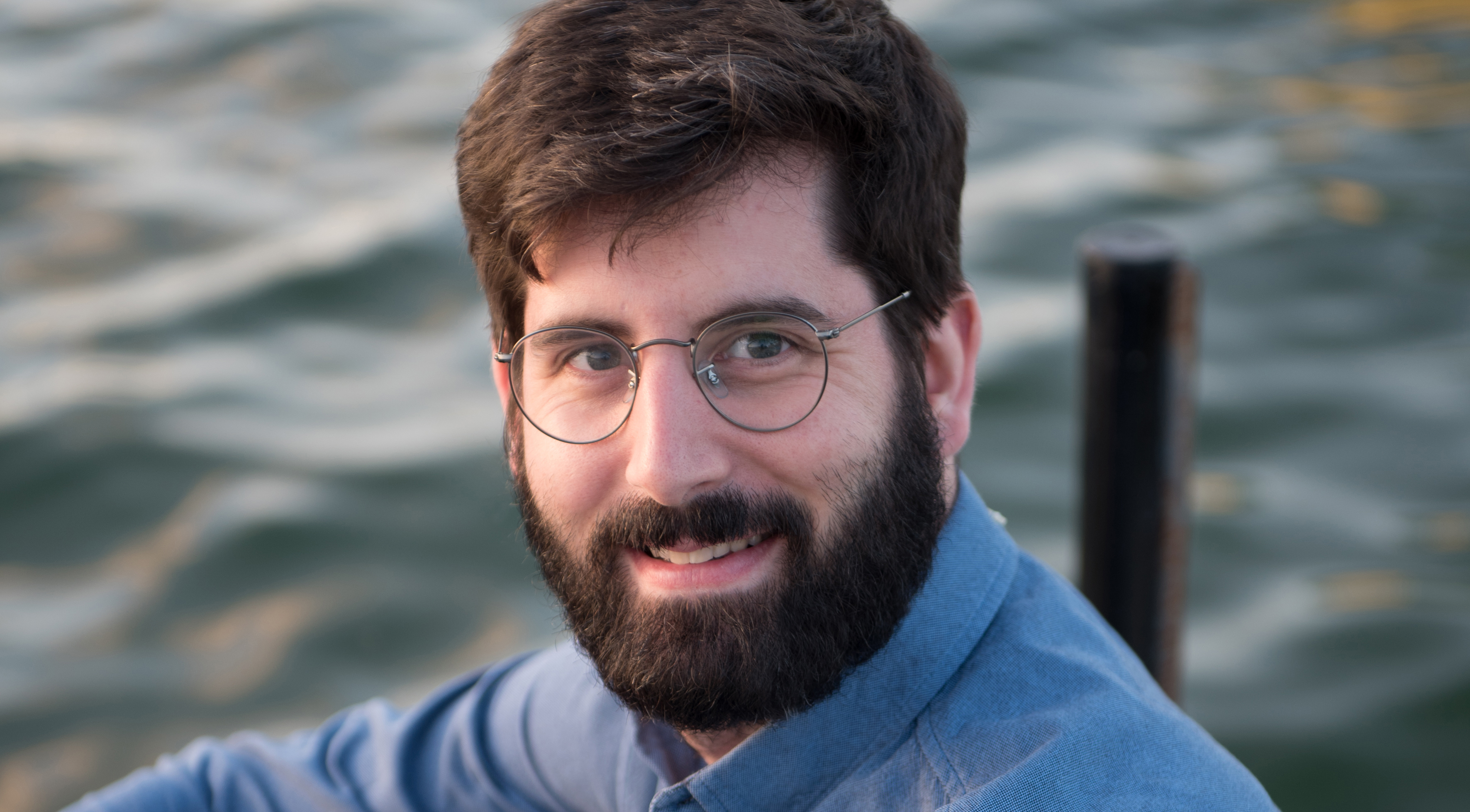Locarno: Profile of Antoine Russbach, Director of ‘Those Who Work’
By John Hopewell
LOS ANGELES (Variety.com) – LOCARNO, Switzerland — Belgium was the making of Antoine Russbach, director of “Those Who Work,” the highest-profile Swiss debut world premiering at this year’s Locarno Festival, in its Filmmakers of the Present.
Born in Switzerland’s Geneva, Russbach studied at the Institut des Arts de Diffusion, about 19 miles south-east of Brussels, and spent his twenties in Belgium, before moving back home to Switzerland. At the IAD he made friends, such as France’s Emmanuel Marre, whose short, “The Summer Movie,” was one highlight at this year’s UniFrance MyFrenchFilmFestival, and who co-wrote “Those Who Work” with Russbach.
Sold by Be For Films, Russbach’s debut also stars Belgian actor Olivier Gourmet, who has appeared in every single film by Jean-Pierre and Luc Dardenne from 1996’s “La Promesse,” to winning a Cannes best actor award for 2002’s “The Son.” In Belgium, Russbach says he, “learned to make very naturalistic, realistic movies, which are very good when talking about morality.”
“Those Who Work” is a case in point. Gourmet plays Frank, a 50-something fixer for a company which hires cargo ships, going to any length to get their goods to Europe on time. One day, with little time to think, to prevent a ship being put into quarantine, he orders a stowaway to be thrown overboard to certain death. His company summarily sacks him, not because of his heinous act, but out of fear of a media scandal.
“One thing that interests me a lot is the source of evil, looking also at how the ruling class can be alienated by the system, what part of responsibility individuals have in it,” Russbach says.
At the beginning of “Those Who Work,” Frank rules over his family, living in a flashy villa with patriarchal authority, and expressing utter faith in the system he works for. “What do you think about working hard for more money?” he asks one of his teen sons, testing whether his pro-system credentials.
The film leaves little doubt that the company’s bosses knew very well Frank’s methods, but turned a blind eye.
“I wanted to talk about white collar ideology, about guys who believe they’re part of the elite, masters of their own lives, when it’s not actually true,” says Russbach, adding that it’s only when Frank is sacked that the film shows how the system he worked for was actually using him.
Russbach and Marre named the film’s protagonist Frank to reference Frankenstein’s Monster, created by Mary Shelley when on holiday on Lake Geneva, “a monster that is our creation, does the things we would not dare to do, but are happy enough that someone does for us.”
Carried by Goumet’s performance, “Those Who Work” asks as many questions as it answers: The extent of Frank’s culpability; to what extent he, or Europe at large, locked into a consumer society, has any ability to change course.
“What I like about social movies is the way the system works on the individual, but also the way the individual is responsible in that system, how they give a very complex picture of these problems, the mess that’s in between,” says Russbach.
“Those Who Work” is conceived as part of a feature trilogy. “Those Who Fight” will examine security.
Says Russbach: “The nobility are people who protect you. So it’s about security and the price of security, in a country where you have insurance for everything.”

